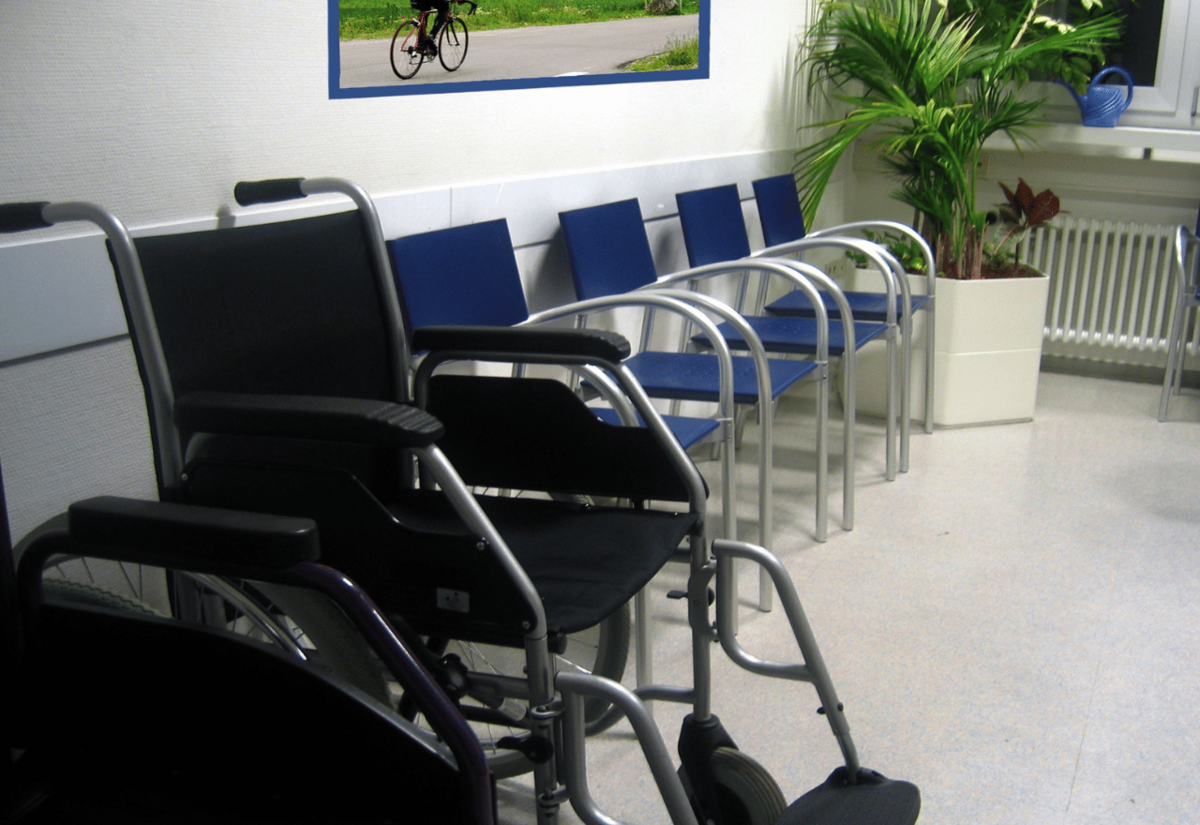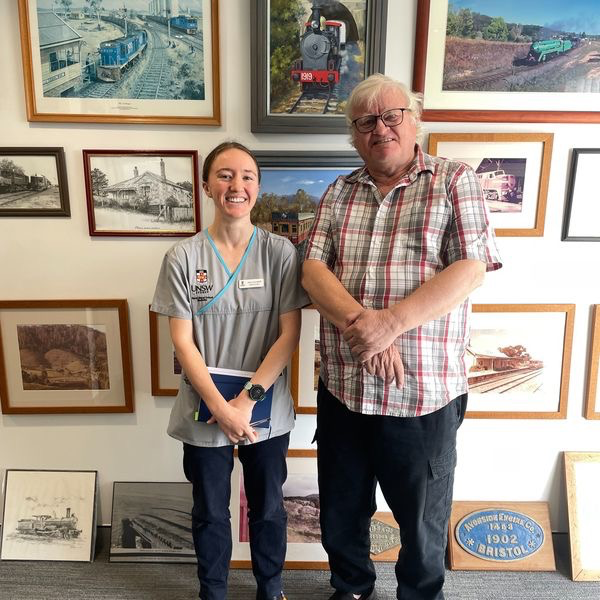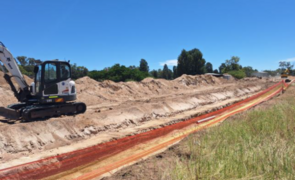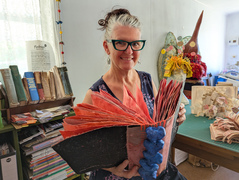Latest snapshot shows rural people can't wait for better health
Angie White
12 March 2025, 8:20 PM
 National Rural Health Alliance highlights health disparities in new report.
National Rural Health Alliance highlights health disparities in new report. Rural, regional and remote Australians are dying at higher rates than those in metropolitan areas despite rural Australia generating at least 70% of Australian exports worth a staggering $500 billion per year, almost half of the tourism revenue and 90% of the food we consume.
The Rural Health in Australia Snapshot 2025 highlights disturbing health inequalities between rural and urban areas with men dying up to 13.6 years earlier and women up to 12.7 years before their city counterparts.
Despite repeated government inquiries and a growing mountain of evidence, the latest report shows that the situation is not improving.
The National Rural Health Alliance says nearly 18,500 people in Australia live without access to essential primary healthcare services within an hour’s drive of their home.
The report compiles data on health risks, outcomes, disease burden, healthcare workforce, domestic violence, maternity health, and funding disparities which reveal the widening gap.

Dr Lexi Campbell with Associate Professor John Kramer - Woolgoolga GP and member of the Board of Directors of the NSW Rural Doctor Network - Image Western Plains App.
Dr Lexi Campbell grew up in Warren and has recently completed her medical training and is working in the Hospital system. Her experiences growing up in a rural area give her a true perception of medical health in the bush.
“We are fortunate to have National Rural Health Alliance presenting undeniable evidence to government policy makers what those who live in the bush know through lived experience; that it’s exceptionally difficult to access healthcare,” said Dr Campbell.
“Patients leaving hospital inform me they won’t get into their GP for 6 weeks. Ideally, I’d like them to be seen by another doctor within 5 days.
“If barriers remain for those with the financial, time and transport means to overcome them, then it is little shock that the vast numbers who don’t, end up receiving less preventative healthcare, experience more severe disease and suffer unforgivably premature deaths,” said Dr Campbell.

Independent Member for Barwon Roy Butler - Image Roy Butler Office
Independent Member for Barwon Roy Butler says this is not a new problem and its one he has been pushing to improve since he was elected.
“There are some good incentives the State government has put on the table for health workers to take up positions in rural hospitals and health centres to help deal with this problem.
“With more regional MPs on the cross bench now, government must really start paying attention to this issue to counter the disparity between rural and metropolitan health.
“State and federal governments have different responsibilities in health.
"The GP pipeline is a federal responsibility, making sure we have new GP’s coming on, with the state now getting on board with that through the signature model for doctors to start work and continue working for the same employer instead of having the uncertainty of shifting workplaces, in the hope of getting more workers to rural areas."
“You’ve got these people in parliament now who represent regional areas who know that you can’t pull the wool over our eyes we know that there are problems, and we know people are dying too young from things that are preventable," Mr Butler said.
“I have 27 hospital and MPS across my electorate and what we have seen is a real risk aversion and a centralisation into base hospitals, and that’s about having support there if something goes wrong.
“Unfortunately, it takes time for people to get through university to become qualified, so it is not something that happens overnight, but with incentives, and in the interim overseas workers, we are heading in the right direction.

National Rural Health Alliance Chief Executive Susi Tegen - Image National Rural Health Alliance.
National Rural Health Alliance Chief Executive Susi Tegen, emphasised with more people looking to make a change to rural living for the benefits to family and lifestyle, it is essential to ensure that people are supported by adequate infrastructure, including accessible healthcare, to maintain a fulfilling and holistic lifestyle.
“This data highlights the shameful failure to adequately provide funding and services to rural Australians, who contribute so much to our economy.
"Why are they treated like second-class citizens, with a staggering $848 less spent per person per year on healthcare?” said Ms Tegen.
“The solutions exist on the ground,” Ms. Tegen concluded. “It is time to step up, allow for flexibility, prioritise equity and address these glaring disparities.
"The NRHA is willing to work with any government to rectify this as the health of rural Australia cannot wait any longer.”



